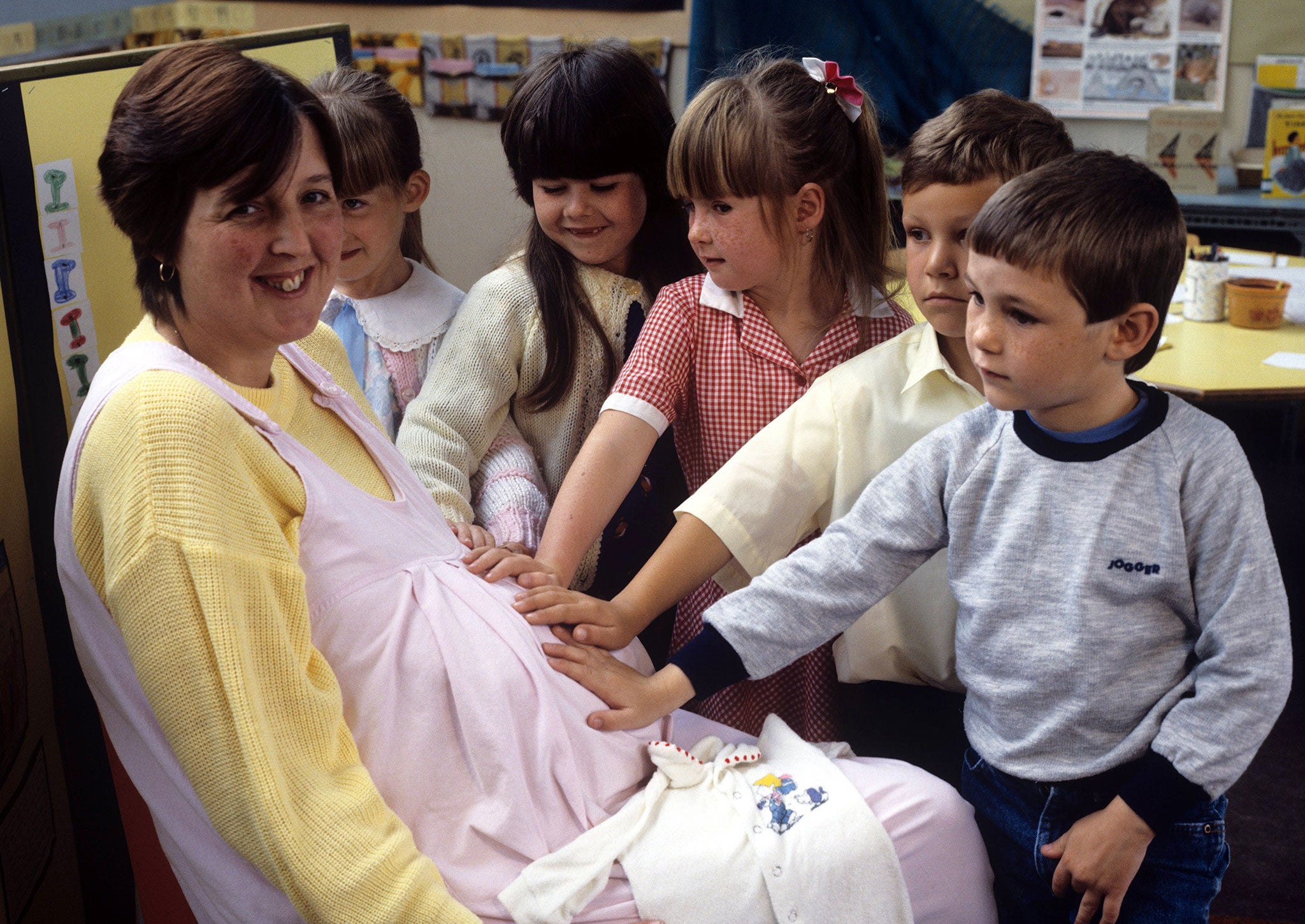Of course seven-year-olds should be taught ‘age appropriate’ sex education
It's terrifying to think of all the children who don't know the meaning of consent, or have been unable to report abuse


My friend got her first period when she was nine. She was at school. Her friends were playing tag on the field and her teachers were having a coffee and a gossip in the staff room. Petrified and confused, she went off and sat in the tiny, child-sized toilet cubicle. No one had told her about menstruation.
She was fine, of course. A kind teacher took her into a classroom, mopped her tears and explained about periods. But she still talks of the day she arrived at school a girl and left a woman, with little to no warning or preparation.
David Laws, the Education Minister, said this week that “age appropriate” sex education should be taught to primary-school pupils from the age of seven. Currently, sex education is compulsory only in council-run secondary schools, not primary schools.
There are a number of reasons why I agree with Mr Laws, and the thought of my friend trapped in a toilet cubicle bawling her eyes out as she lined her stained underwear with tissue paper is just one.
In an age where we’re hyper-aware of the sexualisation of children, it’s easy to labour under the illusion that educating kids about sex early on will encourage them embark on relationships before they are ready. Seven-year-olds should be climbing trees and scraping knees, not worrying about sexting and online pornography, so the argument goes.
First, let’s be clear about what we mean by “age appropriate” sex and relationship education. Seven-year-olds will not be plonked in front of porn and told to take notes. Sex education is as much to do with teaching children about their bodies as it is to do with blow jobs and STIs.
Preparing young girls, some of whom will start puberty while they’re still at primary school, about the ways in which their bodies will change is essential, and it would be shameful to deny them this information for fear of over-sexualising them.
When I was at school, sex education was a subject guaranteed to induce smirking in teachers and pupils alike. To us, the whole thing was one big joke; an opportunity to watch our peers wrestle a slippery condom on to a plastic penis, or collapse into silent guffaws whenever someone used the word “penetrative”.
Squeamish teachers were drafted in to terrify us into abstinence with pictures of gonorrhoea-infected vaginas; or swollen, pregnant bellies. Like most teenage girls, I found columns in women’s magazines much more instructive – and much less embarrassing.
But the sexual landscape has shifted since I giggled over plastic willies. Now more than ever, it is important that children are taught from young age to recognise inappropriate sexual behaviour, and to beware the dangers that lurk in the deepest, darkest corners of the internet.
Which is why both primary and secondary-school children should know the difference between consensual and non-consensual sex.
A survey from the National Children’s Bureau in January this year showed that nearly a third of children hadn’t learned about sexual consent in their sex education lessons, that only 43 per cent of children knew the difference between a good and a bad relationship, and one in three did not know, or was unsure, where they could get help if they were sexually assaulted. The numbers are frightening.
It is our responsibility, as adults, to equip children with the skills and information they need to recognise and report abuse. It’s terrifying to think how many primary-school children might have suffered in silence, confused and unsure about whether they should report inappropriate behaviour, unsure even if the behaviour is inappropriate. If we don’t educate children from a young age about the difference between consent and abuse, we are leaving them vulnerable to all sorts of unimaginable horrors.

Join our commenting forum
Join thought-provoking conversations, follow other Independent readers and see their replies